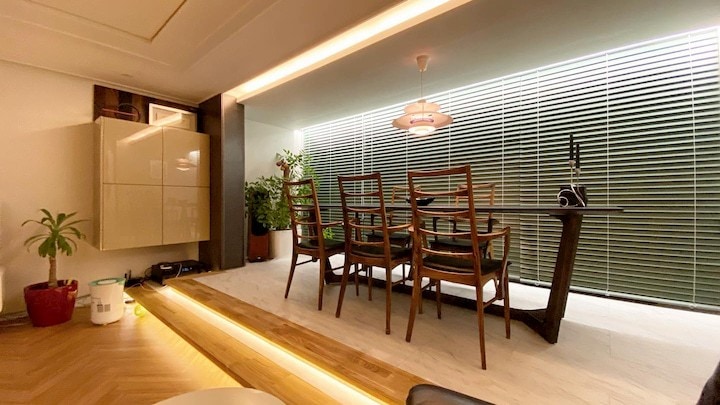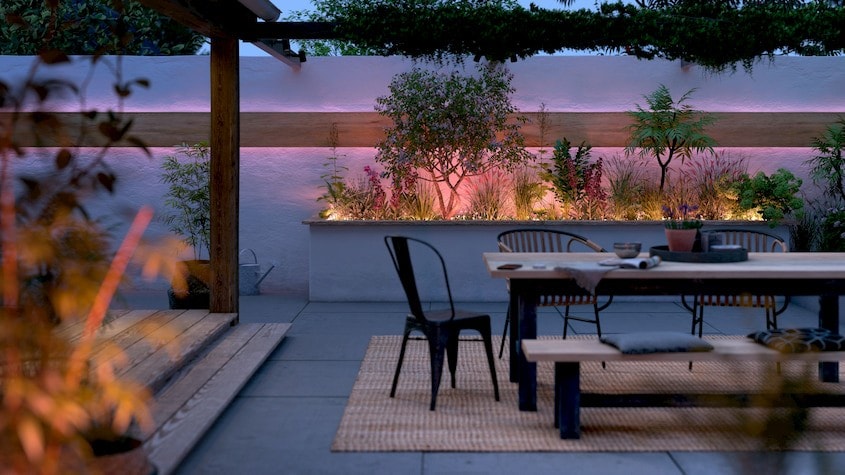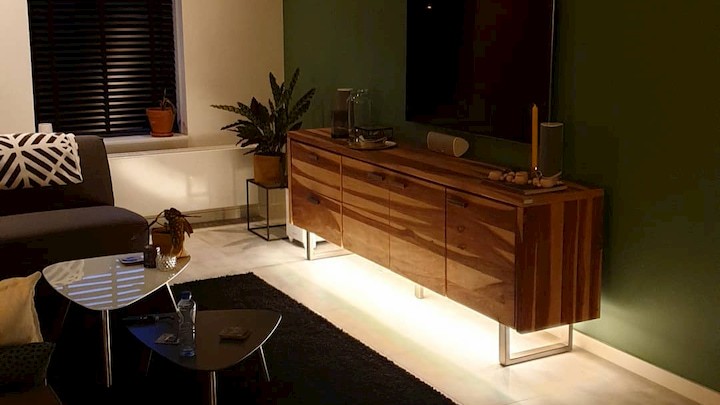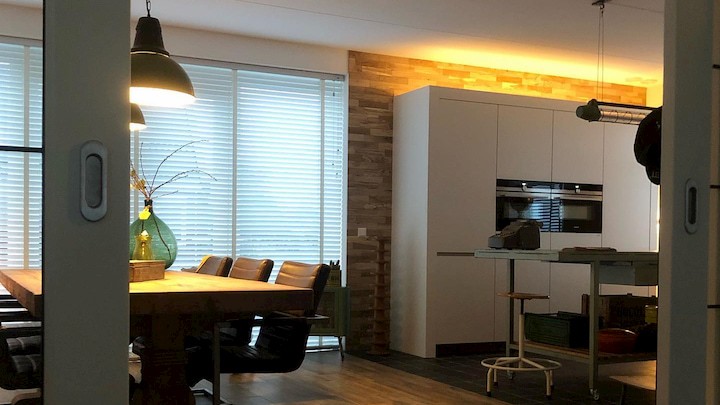August 15 2024
With their flexibility and ability to illuminate long stretches of surfaces, LED strip lights are one of the most versatile lights available. Many LED strip lights – including Philips Hue indoor and outdoor lightstrips – can even provide light in a variety of colors, making them ideal for not only illuminating your home, but creating interesting aesthetics, setting the mood, and highlighting your home’s best features.
Smart LED strips take the flexibility of strip lighting to another level. With Philips Hue, for example, you don’t need to wire a special LED-strip-compatible dimmer switch to the wall or worry about reaching an on/off switch —all you need is an app, your voice, or a smart accessory to control the lights.
Follow these tips from the experts to get the most out of your strip lighting.











